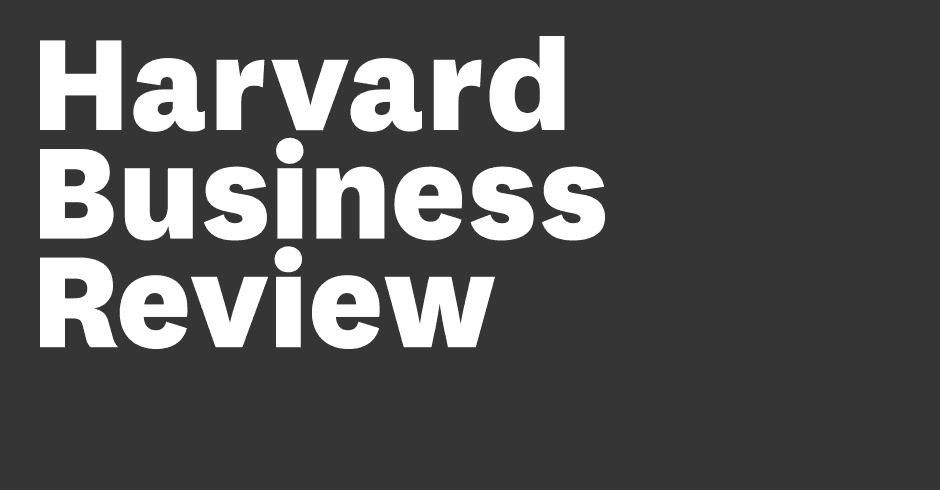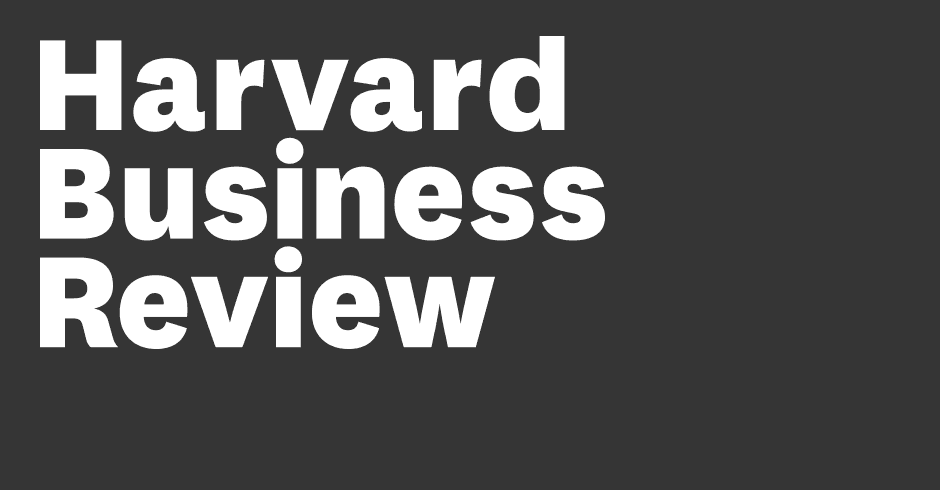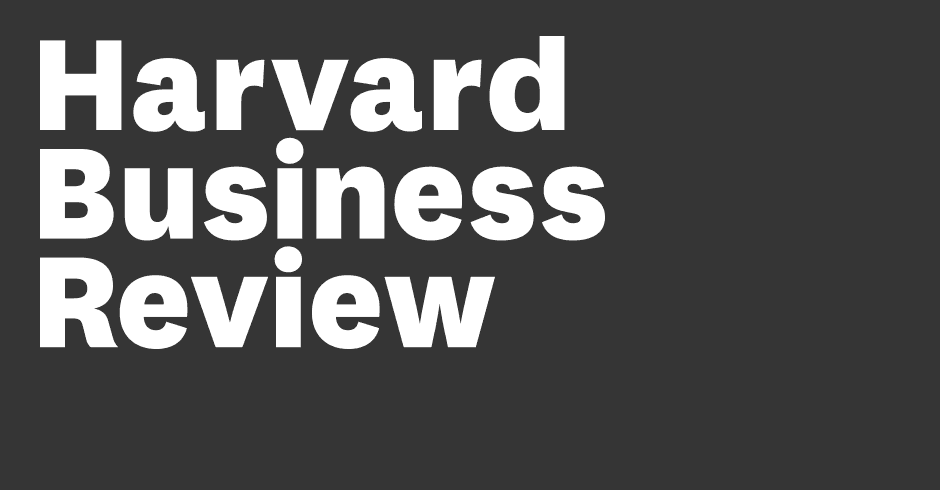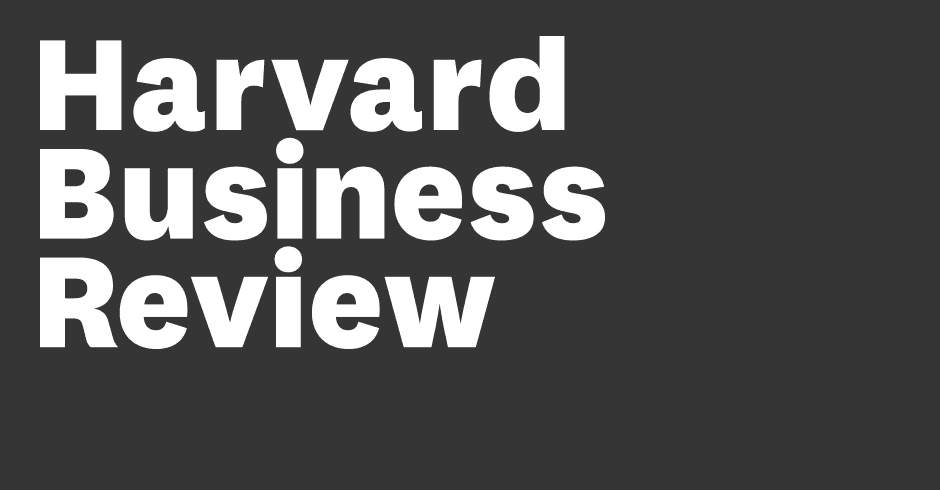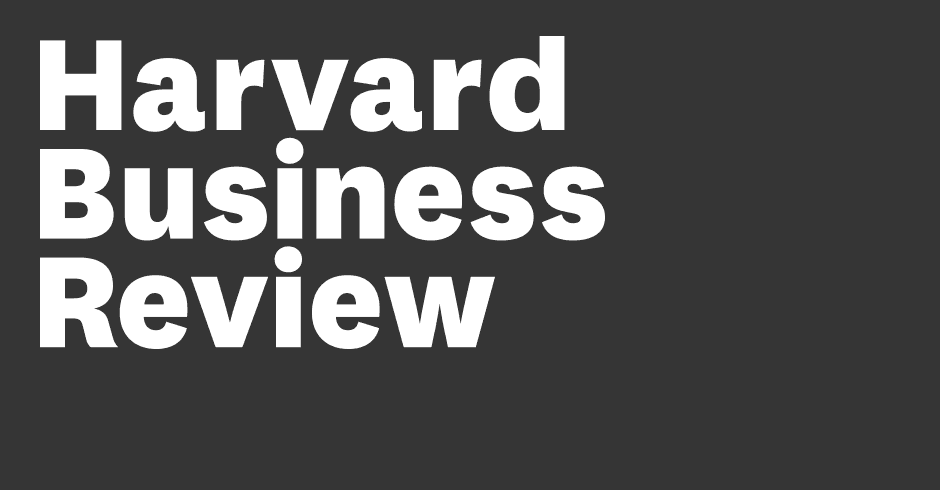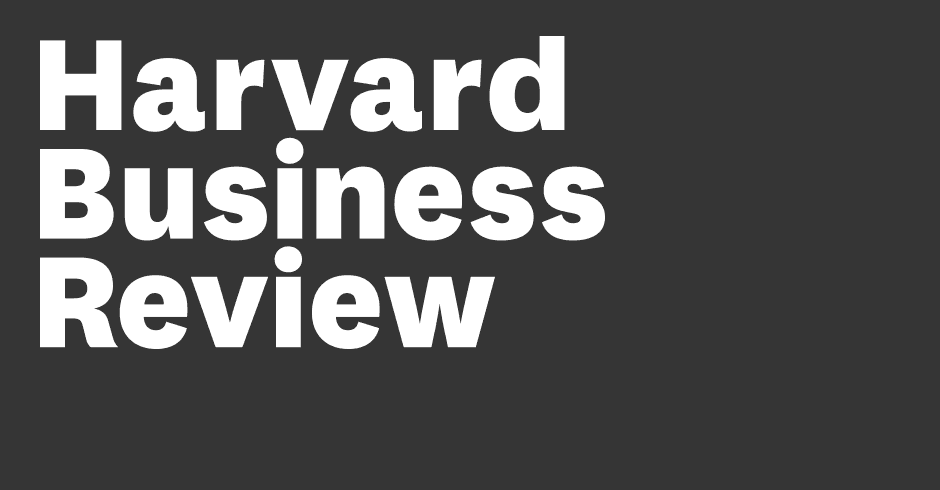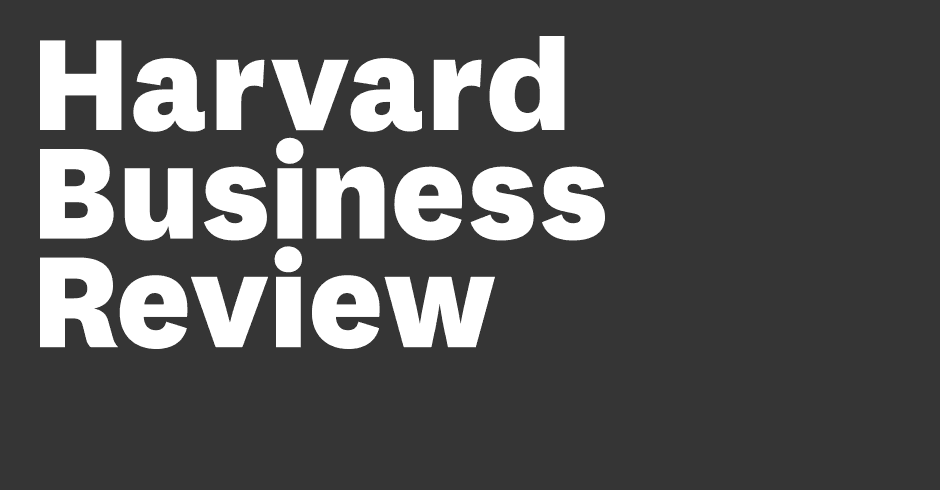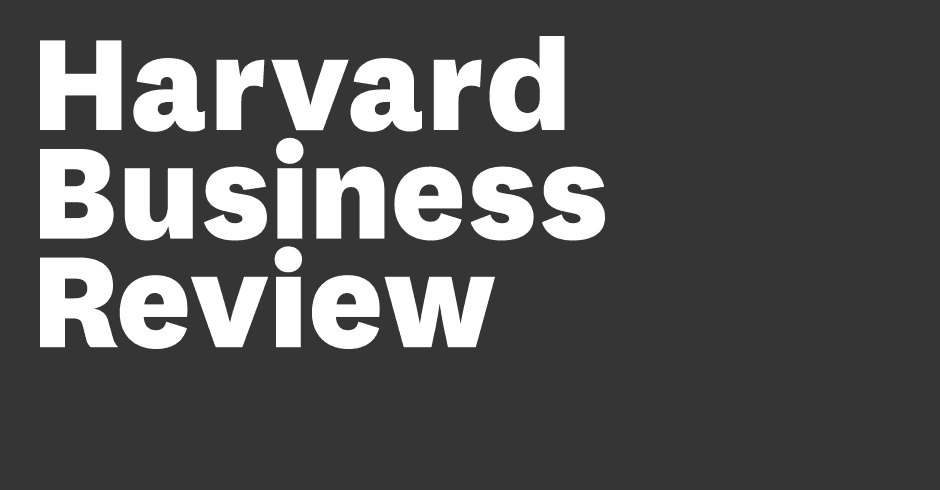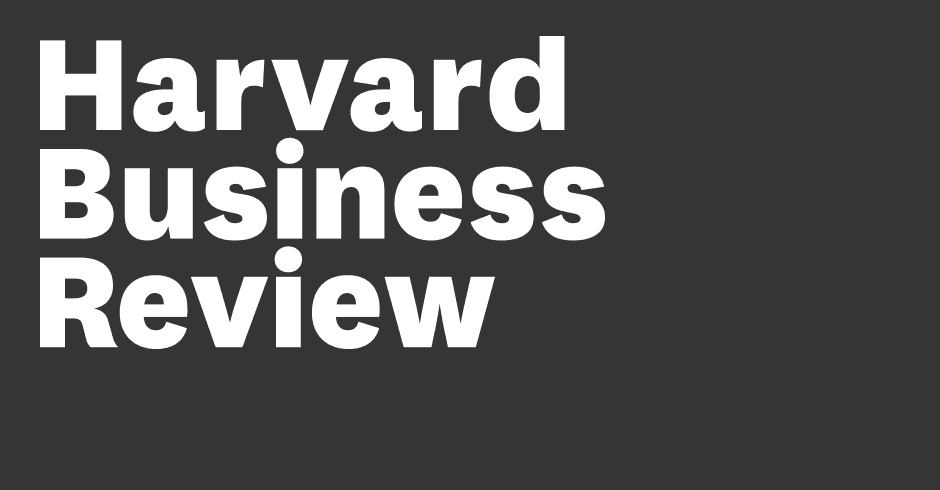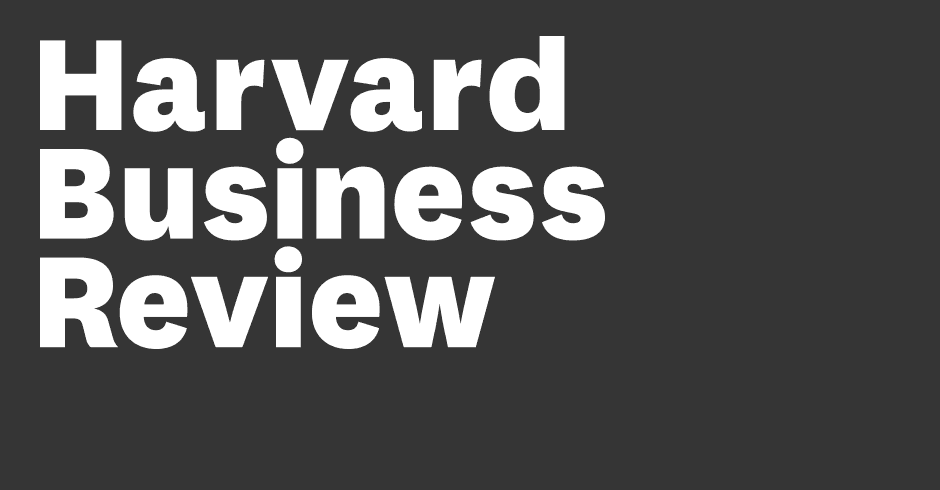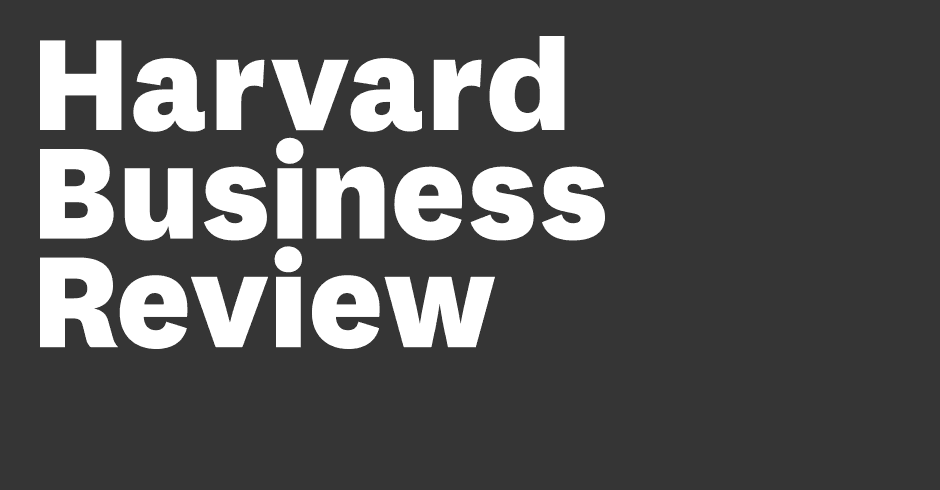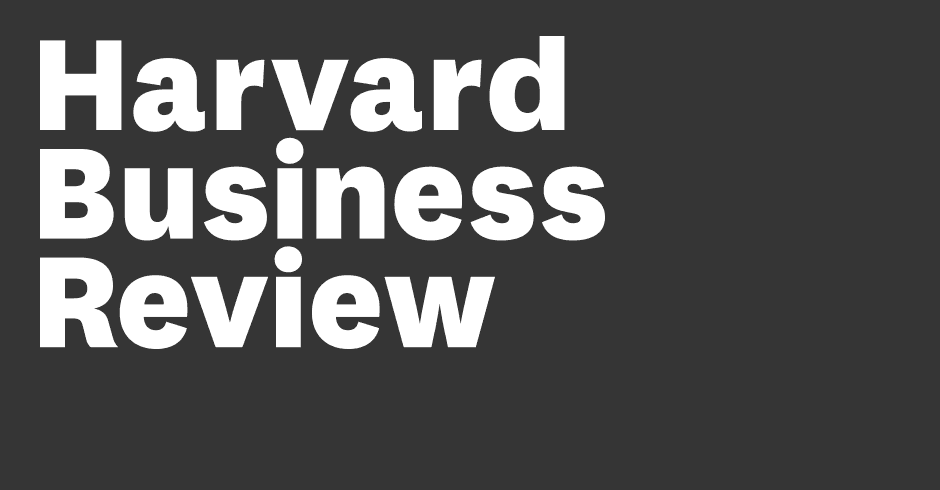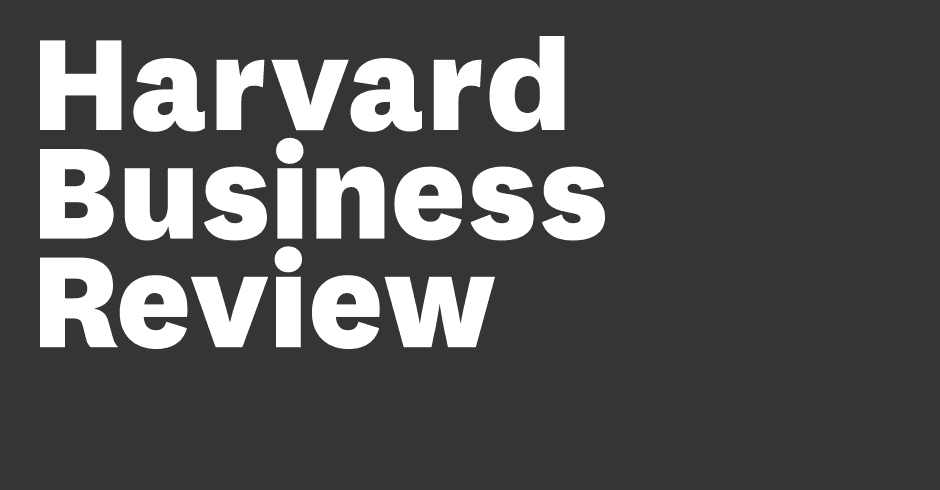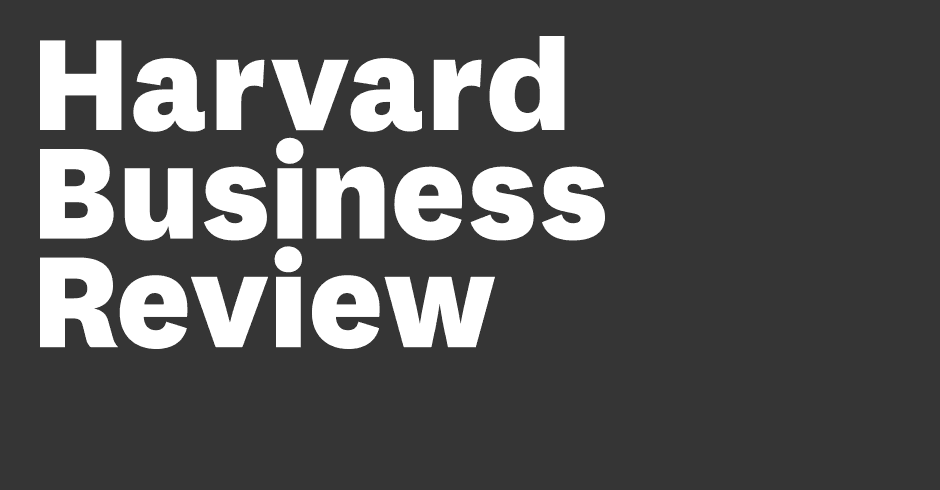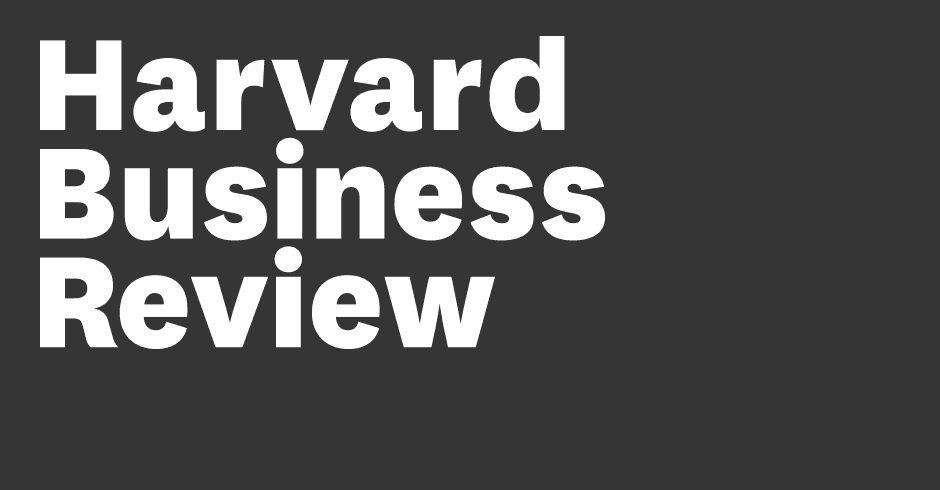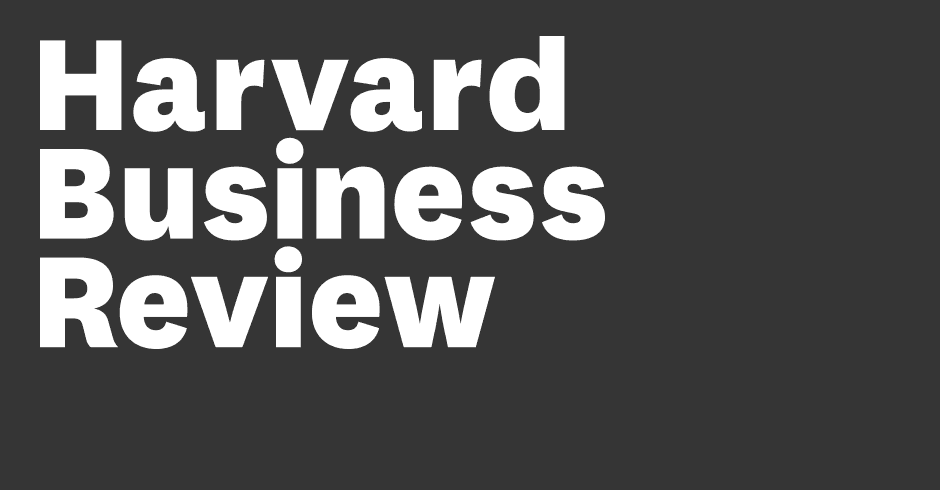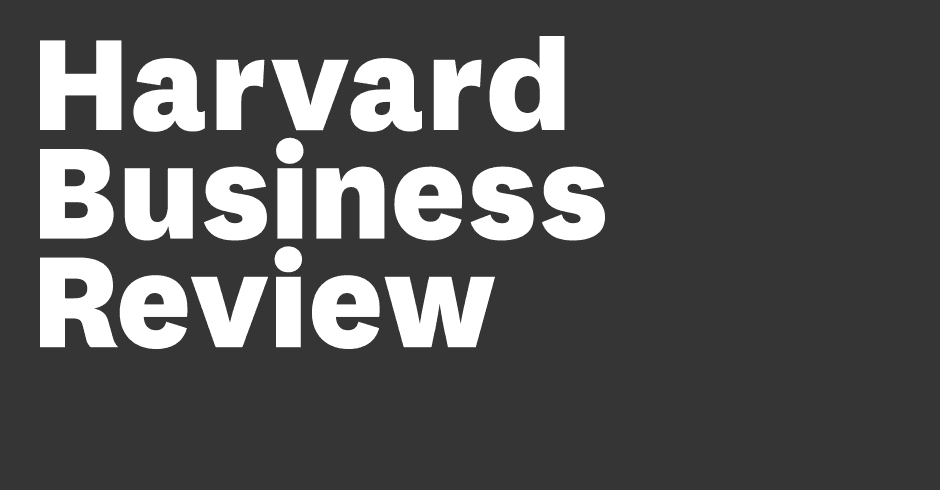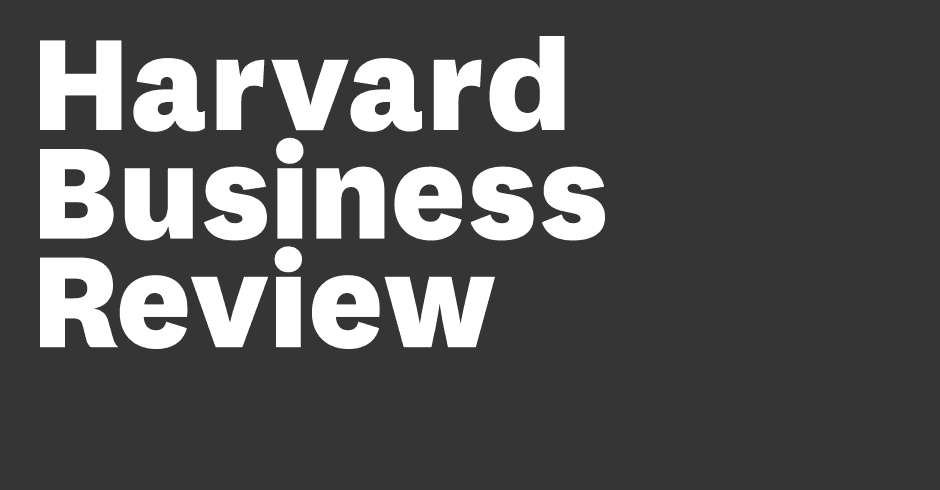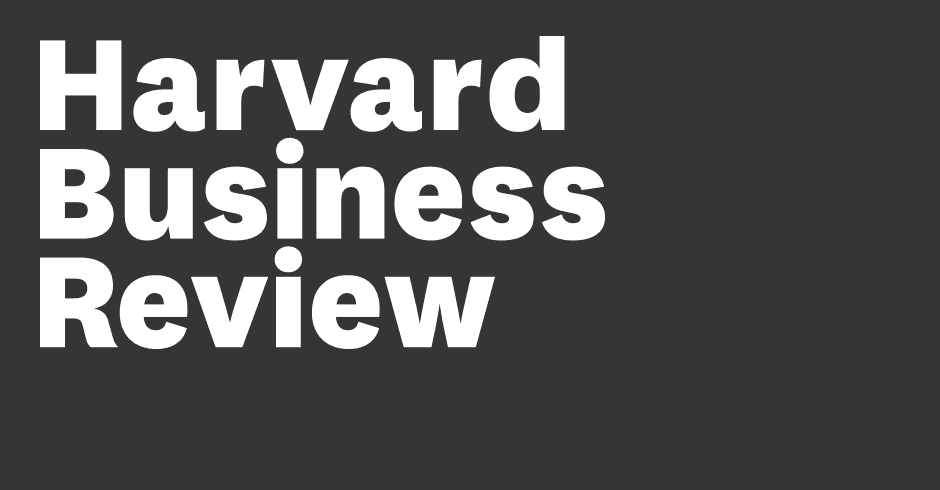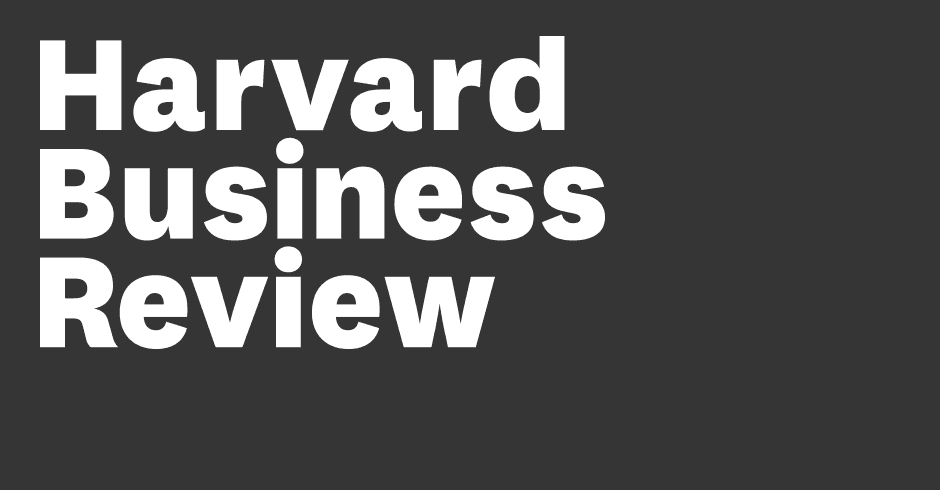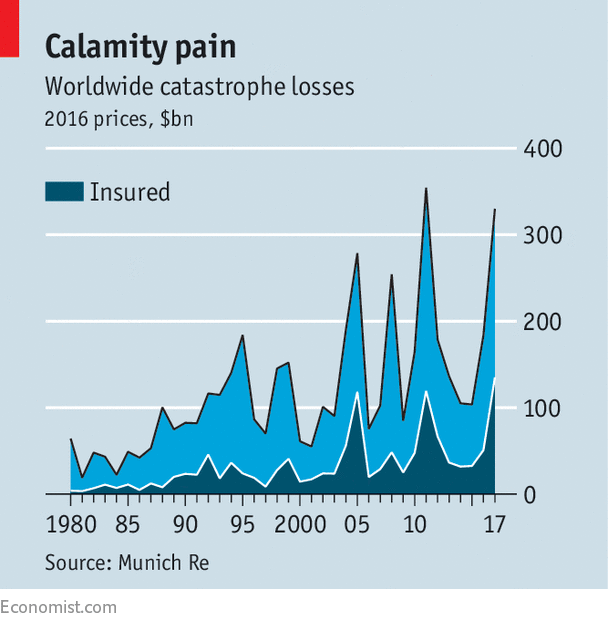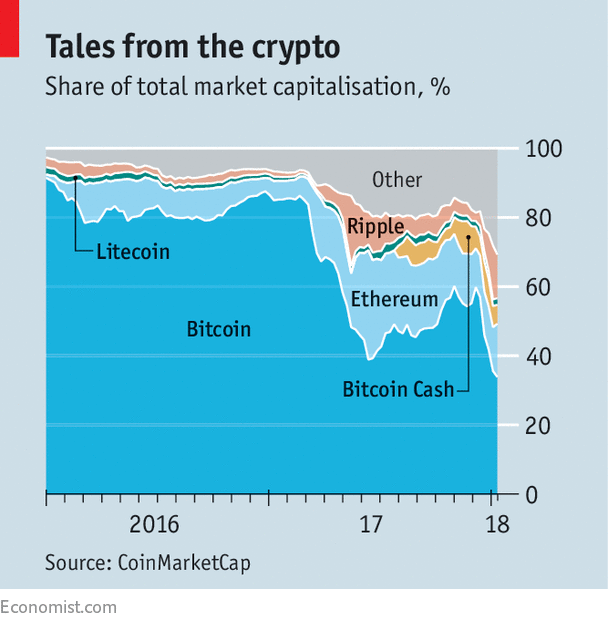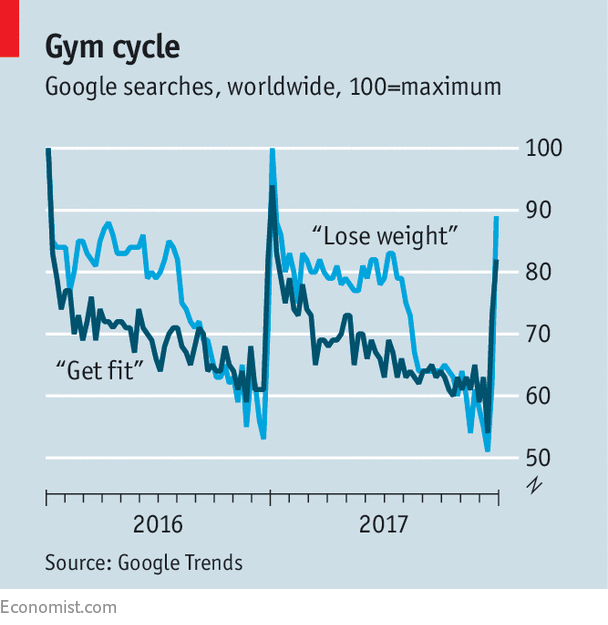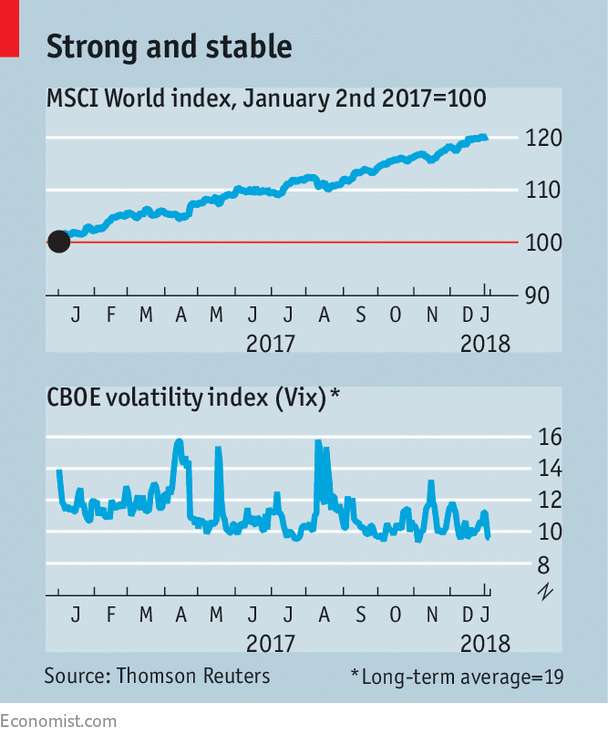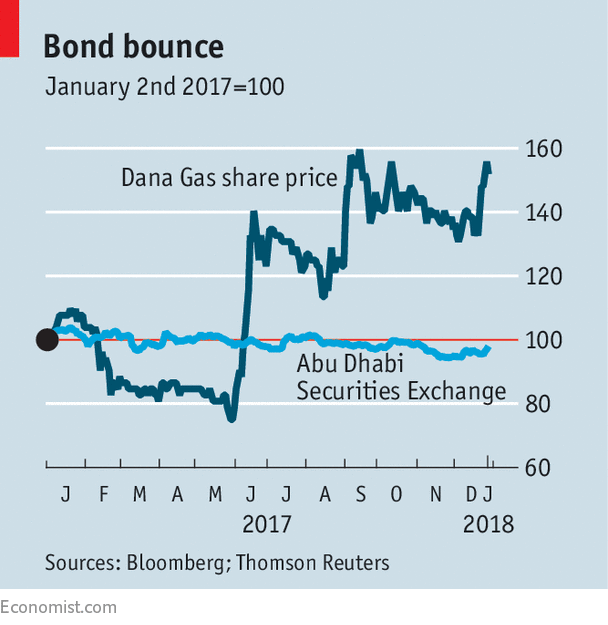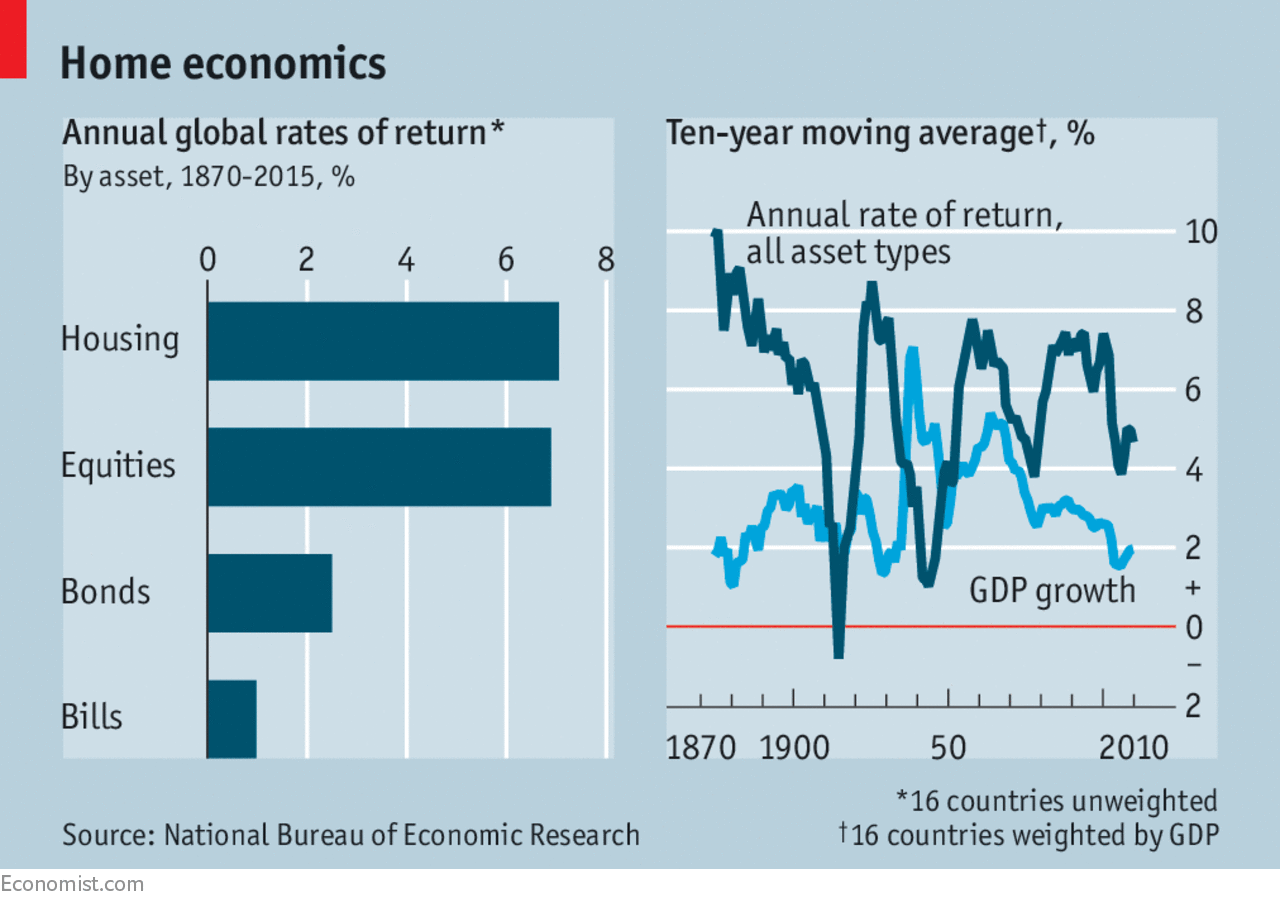How To Drive Online Sales By Investing In Digital Marketing Strategies by Emma Worden, Start-Up Funding Consultant + Marketing Muses Contributor Image source: Pexels For every modern business nowadays, digital marketing is the single most important factor. The main reason is that through digital marketing, you’re able to promote your business, as well as everything […]
LATEST
Invest in Positive Relationships at Work
Research shows that we find our jobs more fulfilling when we have positive relationships with the people we work with. This isn’t something that will happen on its own, so be purposeful and systematic about it. For example, you could organize a social event with your colleagues to get to know one another better. Or, […]
Only Express Emotions During a Conflict If They’ll Help You Resolve It
When a disagreement with a colleague gets heated, it’s normal to feel all sorts of emotions: disappointment, anger, or frustration, for example. But should you express what you’re feeling? It depends. If you’re experiencing what psychologists call a hot emotion — one that comes with an urgent sense of entitlement or even revenge (“I have […]
Reduce Distractions by Figuring Out What’s Causing Them
Stress and distraction can form a dangerous cycle. When we can’t focus at work, we often feel stressed about not being productive — which causes us to focus even less. You can break this cycle by using self-awareness. Pay attention to what’s going on the next time you get distracted: Are you bored by what […]
Ask a Younger Colleague to Help You Stay Relevant
It will happen to all of us someday: A younger generation enters the workforce and becomes the most sought-after consumers, and the rest of us feel left behind. One way to keep up is to ask a younger colleague to mentor you. This is especially important when it comes to technology, since the best tools […]
Resolve a Turf War by Being Patient and Open-Minded
If you and a colleague are in a tug-of-war over who owns a project or who gets to decide how to use your team’s budget, you might feel frustrated or threatened. But getting angry won’t help you reach a resolution. Forget the win-lose paradigm; approach the situation by focusing on a common goal. Try to […]
Block Out Time for Solitude and Thinking
The volume of information and stimuli coming at us every day makes it more difficult to focus than ever. To do the careful thinking that decision making and leadership require, you must step back from the noise of the world. Schedule 15-minute breaks at least once or twice a day to sit quietly in your […]
New Leaders, Be Thoughtful About What Tasks You Say Yes To
New managers are often tempted to hold onto the work that keeps them close to their team’s everyday operations. But now that you have a wider set of responsibilities, you need to be discerning about your time and selective about the tasks you take on. Carefully assess every demand that comes your way, and ask […]
Research Shows A Simple Way to Increase Your Engagement at Work
Research Shows A Simple Way to Increase Your Engagement at Work This article was originally published on HBR.org. Juj Winn/Getty Images It is no secret that many employees face work environments that are not very engaging. A 2016 poll by the Gallup Organization shows that only 13% of employees worldwide are engaged at work. And […]
Be Tactful When You Provide Feedback in Writing
In an ideal world, feedback would always happen face-to-face, so the other person could read your body language and hear your voice. But there are times when you have to provide input through email, text message, or even instant message, and in these cases it’s important to be careful about tone. Written criticism can easily […]
10 Myths About Graphic Design – Infographic via @MarketingMuseAZ
10 Myths About Graphic Design
During a Difficult Conversation, Own Your Perspective
When you and a coworker are discussing a conflict you’ve been having, you might be tempted to launch into your account of the events, assuming that your counterpart should see things exactly the way you do. But that approach is unlikely to go over well. Instead, treat your opinion of what’s happened as what it […]
Managers, Be Respectful to Departing Employees
When one of your employees quits, you may take it personally. But keep in mind that their decision may have little to do with you: Most people leave because their opportunities for growth are limited. Encourage all your employees to openly discuss with you their goals and plans for the future, even if those plans […]
Be Transparent When Telling an Employee They Didn’t Get the Promotion
It’s hard to tell an employee they didn’t get the promotion they were vying for. Your goal should be to deliver the news clearly and with empathy. Start by validating your employee’s contributions and thanking them for applying. Avoid comforting statements like “Next time you’ll get the job,” which make promises you may not be […]
When You’re in a Crisis, Make It Easy for Coworkers to Help You
When you’re going through a personal crisis, you’ll likely need the support of your colleagues. But they may not know how to be useful, so ask for their help thoughtfully and specifically. Describe what you need and why the help is meaningful to you, and, as with any request at work, give a deadline. For […]
To Fight Your Burnout, Take Control of It
When you’re burned out and exhausted, it’s easy to think of yourself as a victim of circumstances — and forget that you have a say in your situation. Instead of blaming everyone else for your being overworked and overstressed, take ownership of it. Think to yourself: “Others may have contributed to my situation, but I […]
How to Create and Share an Infographic Resume [Infographic]
How to Create and Share an Infographic Resume [Infographic] The modern job search is incredibly competitive, and technology has made it easier for your resume and job application to be overlooked and discarded before you even make it to the interview. Luckily, technology is also here to help. There’s no longer a template for how […]
Business Pages: Facebook Marketing Do’s & Don’ts via @MarketingMuseAZ Blog
Business Pages: Facebook Marketing Do’s & Don’ts Marketing Muses has created this helpful infographic to help you understand Facebook Business Manager’s best practices that will help drive the right kind of customer to your website or business while creating a MASSIVE Facebook audience. DO’S Make Stories Make sure you are telling a […]
During Vacation, Don’t Check Email Unless You Really, Really Have To
When you go on vacation, ideally you should disconnect from work completely. But if going off the grid truly is not an option for you, set boundaries for yourself so that you aren’t tethered to your device. Make a plan to check your messages once a day at a particular time, or only on certain […]
Does Your Body Language Convey Confidence?
If you want people at work to trust and respect you, regardless of your title or authority, pay attention to your body language. How you stand, sit, and speak all affect whether people are open to being influenced by you. For example, standing up straight with your shoulders back helps you come across as confident […]
How Long Should Your Videos Be? Ideal Lengths for Facebook, Instagram, Twitter, and YouTube [Infographic]
How Long Should Your Videos Be? Ideal Lengths for Facebook, Instagram, Twitter, and YouTube [Infographic] This article was originally published on HubSpot. When a video pops up on your Facebook feed, what do you usually do first? My guess is that you take a peek at its length, ponder whether it’s worth your time, […]
Can You Explain Why You Deserve a Promotion?
Asking for a promotion can be nerve-wracking. But when you think you’re ready for the next step in your career, it’s important to say so. To prepare for the conversation with your boss, reflect on what you want. Would you like to move up, or might a lateral move interest you? Next, do some research. […]
Make Treating People Kindly a Norm on Your Team
We all want to work in a place where people treat each other with kindness and respect. But you can’t expect your team to behave that way without making it clear that you want them to. This process starts when you interview potential team members: Tell candidates that your team values civility, so they can […]
When a Meeting Gets Tense, Help It Get Back on Track
You know the feeling when things get tense in a meeting. People raise their voices, or your colleagues talk over each other — and you just want it to end. Instead of watching the clock, take action and help get the conversation back on track. First, point out what’s happening in a matter-of-fact way, without […]
Make Sure Your Work Is Aligned with Your Boss’s Expectations
Most people have had a boss they struggled to get along with. Maybe the manager didn’t seem to trust you or wasn’t impressed with your performance. While you may be tempted to blame the situation on your difficult boss, most often a mismatch like this happens when expectations aren’t aligned. For example, perhaps you handed […]
Make a Pact with Your Colleagues to Stay Focused
If you’re surrounded by coworkers who get distracted easily, you’re likely to become distracted yourself. Instead of letting them pull you away from your to-do list, set boundaries. You don’t have to be rude about it; you can say something simple like, “Can we continue this conversation later? I want to get this report done, […]
Working Parents, Incorporate Mindfulness into Tasks You’re Already Doing
We all know that mindfulness can ease stress, but when you’re a working parent, it feels hard to find the time to fit in anything — even 10 minutes of meditation. Luckily, you can build mindfulness into your busy routine. Spend a few minutes writing down the activities you do each day: drop the kids […]
Before Taking a Job, Learn Whether the Company’s Culture Is Right for You
When evaluating a job offer, it’s important to know whether you’ll fit in at the new company. But it can be hard to get an unvarnished view of an organization’s culture during the interview process. Before you take the job, find people with objective, unbiased opinions of the organization and its culture. They may be […]
Good Feedback Is Based on Facts, Not Your Opinion
When you’re asked to give feedback on a fellow employee, you want it to be useful. But unless you connect it to what matters to them — and separate it from your personal beliefs and preferences — they won’t be able to act on it. Emphasize facts, not interpretations. This means staying away from comments […]
When You Work Remotely, Set Boundaries Between Home and Job
When you’re working from home, sneaking in a load of laundry may not seem like a big deal. But without boundaries, your day is likely to feel chaotic and fragmented. Give yourself structure by pretending you’re at the office. Set up “office hours” (9 AM to 6 PM, for example), and decide what is and […]
To Think More Creatively, Get Advice from Someone Outside Your Field
When it comes to solving tough problems, tried-and-true methods can help — but they might hold you back from discovering a creative solution. If you’re in a rut with a particular problem, one way to break out is to solicit advice from unlikely sources — those who will see the issue in a completely different […]
If Your Employee Annoys People, Gently Point Out How
If your employee is irritating fellow colleagues, don’t let the behavior go. Start by making your intentions clear — say something like, “I’m always looking for ways to help you grow, and I have some thoughts. When is a good time to talk?” During the discussion, focus on the facts. What exactly is the employee […]
Before Taking on New Projects, Evaluate Your Current Ones
It’s important to challenge yourself with new projects, but taking on more tasks may require you to let go of others. Constantly evaluate your current slate of projects to know what else you have time for. For each task, ask yourself: Does completing this project still make sense? Am I the right person to work […]
To Get Time Off to Learn a Skill, Show How It Will Benefit the Company
If you want time off from work to develop a new skill — by attending a class, going on a retreat, or participating in a fellowship — you need to make a strong case to your boss. Start by considering the connection between what you want to learn and the needs of the business. How […]
When Your Work Experience Is Limited, Highlight Your Strengths
When you’re starting out in your career, and have limited work experience, it can be tough to gain credibility. Your coworkers won’t see you as a crucial part of the organization until you prove yourself to be one. Start earning your colleagues’ respect by conveying the value you bring. Think about your strengths: In which […]
Keep Team Communications Brief, but Make Sure They’re Clear
We sometimes try to be efficient by using as few words as possible to communicate a message. But a one- or two-line email can waste everyone’s time if colleagues have to decipher the meaning or write back to clarify next steps. Don’t assume that others understand your shorthand. Take the time to communicate in a […]
Create Positive Workplace Policies, Not Punitive Ones
Too many workplace policies emphasize what employees shouldn’t do. But overly paternal and punitive rules don’t communicate that you have confidence in your people and trust them to behave as adults. When drafting personnel policies, focus on conveying the company’s positive expectations of its employees. In your policy about when the workday starts, for example, […]
When No One Highlights Your Contributions, Do It Yourself
It’s no fun to toil away at a job where you feel taken for granted. But don’t sit around waiting for people to notice your or your team’s good work. Find ways to highlight your contributions. For example, ask your boss if you can talk about your team’s responsibilities in an all-staff meeting. Tell the […]
Freelancers, Stop Underpricing Your Work
The dangers of overpricing your work are obvious: You can lose the deal and scare clients away. But charging low prices can signal low quality, making clients hesitant to work with you. To be sure you aren’t underselling yourself, develop a network of trusted peers who can provide honest information about going rates. Once you […]
When Your Boss Is Being Passive-Aggressive, Confront Them Respectfully
Having a passive-aggressive boss can be frustrating. Whether they’re limiting access to information you need or giving you the cold shoulder when you disappoint them, it’s hard to address the negative behavior without triggering repercussions. Approach your manager from a place of respect, and resist the urge to be passive-aggressive in return. Raise your concerns […]
If You’re Overqualified for a Job You Want, Explain Why You Want It
It might seem easy to get a job for which you have all the right credentials, but many managers hesitate to hire someone who seems too good for the role. So go out of your way to counter any assumptions the hiring manager may have. For example, they might think that you’ll be too expensive, […]
Persuade a Know-It-All to Consider Other Points of View
When someone is 100% sure that they’re right, convincing them otherwise can be tricky. To help the person consider another point of view, use two conversation cues. The first is to ask questions: If the know-it-all is clinging to one side of an issue, you can say something like, “Have you ever seen a situation […]
To Get Constructive Feedback, Encourage Others to Give It
Constructive feedback is essential for getting better at your job, but a colleague may hesitate to give it if they’re worried about hurting your feelings. To ease their fear, try three strategies. First, introduce the conversation by giving yourself negative feedback. Say something like, “I know I tend to work quickly and sometimes overlook important […]
If You’re Procrastinating on a Project, Do the First Piece of It
We all have tasks that we put off and put off, but actually accomplishing them is rarely as bad as we expect. Sometimes beating procrastination is about just getting over the initial hurdle. Instead of forcing yourself to tackle the entire task at once, focus on the first piece of it. Start by thinking about […]
To Be Friends with Your Employees, Set Clear Boundaries
It’s possible to be friends with someone who works for you, but you need to set boundaries. For example, there may be times when you’re privy to information that will affect your friend, but it would be improper for you to share it. To make the friendship work, be transparent about what you can and […]
Stay Calm During a Tough Conversation by Grounding Yourself
Having a tense conversation brings up a lot of negative emotions, leaving you feeling like an active volcano. To prevent an outburst and stay in control of your emotions, physically ground yourself in your environment. One of the best ways to do this is to stand up and walk around, which activates the thinking part […]
Establish an Evening Routine to Put the Workday Behind You
It can be tough to leave work behind when you go home for the day, but having a routine can help. Before you leave the office, make a short phone call, sign a document, or respond to an email. This way you’ll end your day on a positive note of completion, and you’ll have one […]
Ask Meaningful Questions to Help Employees Discover Their Passions
Employees who are enthusiastic about their work are more diligent and productive. But not everyone knows which aspects of their job they’re most excited about. As a manager, it’s your responsibility to push them to find out. Help employees reflect on their work by asking them thoughtful questions. For example, before the person tackles a […]
To Land a Speaking Gig, Demonstrate Your Expertise
To get your first speaking gig, you might be tempted to market yourself as a public speaker. But that approach could actually diminish your credibility. Audiences want to hear from authorities in a field, so conferences and other events aren’t looking for “speakers” as much as they’re seeking experts. You can establish your brand as […]
Schedule Time for Reflective Thinking Every Week
When you’ve got a packed calendar and an overflowing inbox, it’s tough to find time to think. But improving the quality of your ideas requires unstructured, reflective thinking. This activity helps you examine your assumptions and draw connections between pieces of information. How can you make the time to do it? It depends on your […]
Don’t Ignore the Feedback in Nonverbal Cues
In an ideal world, your colleagues would give you direct, honest feedback. But if they’re not forthcoming, often you can find out what someone really thinks by watching their nonverbal cues. Learn to read facial expressions and body language to understand how your words and actions are being received. When people look down or avoid […]
Concentrate Better by Starting a Mindfulness Routine
Sometimes it feels impossible to stay focused at work. Mindfulness can help. Studies have shown that people who have a mindfulness routine are less distractible and better at concentrating. You can develop your own routine by scheduling three 10-minute mindfulness sessions throughout your day. Put everything aside — close your email and the door to […]
Feedback on Creative Work Should Give Direction, Not Demand Changes
Giving feedback is tricky, but especially for creative work, where “good” may be subjective. The next time you have to provide input on a piece of creative work, such as a design prototype or a website mock-up, start by signaling that your opinion is exactly that: an opinion. Use first-person pronouns (I, me, and my) […]
Don’t Let Stress Lead to Bad Decisions
It’s hard to think clearly when you’re under stress. Your blood pressure and heart rate rise, adrenaline and cortisol flood your body, and your survival instincts kick in — all of which interfere with decision making. To avoid making bad decisions when you’re stressed, pay careful attention to your physical symptoms. We all have an […]
Before Negotiating, Ask Yourself What You Don’t Know
Negotiations are won in the preparation. And a key part of preparing is figuring out what relevant information you don’t have. Of course, you need to research your counterpart, their organization, and the context, but think about what details might be useful. Make a list of questions to ask your counterpart that, once answered, will […]
To Mentor a Narcissist, Try Being Kind
Working with a narcissist is hard, but mentoring one can be especially challenging. Your instinct as a mentor may be to criticize the narcissist, to put them in their place, but this typically makes a self-absorbed person defensive — prompting even more problematic behavior. Try some empathy instead: Recognize that narcissism is often a byproduct […]
What Is Your Most Urgent and Important Work?
We all think we have too much to do, and not enough time to do it. But you’ll never feel on top of things if you don’t have clear priorities in the first place. Start assessing your priorities by taking inventory of the work you do: Which tasks are more (or less) urgent? Which are […]
Demonstrate Your Commitment While Working from Home
When you’re a working parent, it can be helpful to have the flexibility to work remotely. But your in-office colleagues may wonder just how much you’re getting done. To help the boss and coworkers appreciate your work, provide small, clear signals that your commitment and work ethic are strong. For example, you might send emails […]
Practice Self-Compassion During a Work Crunch
When work is intense, it’s easy to beat yourself up for letting things slip at the office or at home. But doing so can make the stress worse. Have self-compassion instead: Accept that you’re in an acute period of work stress and notice — don’t suppress or deny — your emotions. Assigning a word to […]
On Vacation? Stop Checking Email
Going on vacation? To get the most out of your time away, keep your phone out of sight and mind. Research shows the mere presence of a phone stresses us out, even if we aren’t using it. (Plus, moving your job from an office to a beach is no holiday at all.) Set clear boundaries […]
Don’t Let Stress Turn You into a Jerk
When you’re under intense stress, it’s normal to have a short fuse. But don’t take your stress out on whoever happens to be nearby — whether it’s your assistant, family members, or direct reports. Making them bear the brunt of your frustrations will strain your relationships and hinder your resilience. Even if what’s stressing you […]
Encourage Your Team to Bring You Problems — Just Not Complaints
“Bring me solutions, not problems.” Many well-meaning managers have said it, intending to keep employees from simply complaining about work issues. But employees can take it to mean they should cover up an issue if they don’t have a way to fix it. So it’s better to tell your team to bring you problem statements. […]
Unplug from Work by Focusing Your Brain on Something Else
Most of us know that staying productive in the office requires recharging away from it. The hard part is doing it. Even if you go home at a decent hour, you may find yourself checking email or reading one last report. To forget about what’s happening at work, focus on what you’ll do instead. Framing […]
Enlist Your Team in Solving an Intractable Problem
If you and your team are facing a chronic challenge, you might be tempted to take control and vehemently argue for the solution you think will work, or to offer ideas indirectly and let your team take ownership of the issue. Neither of these extremes is optimal. Instead, try an approach that combines conviction and […]
Make Sure You and Your Partner Are Aligned on Professional Goals
Research shows that women are far more likely to achieve their professional ambitions if their partner supports them (or if they stay single). But even for women whose partner is committed to equality, it’s difficult to navigate the challenges of a dual-career life. To make sure both people are aligned on what they want and […]
Find Commonalities with Coworkers from Different Cultures
When working on a global team, it’s easy to focus on the ways that you and your colleagues are different. But rather than thinking about what sets you apart, emphasize what you have in common. This will draw you closer to your colleagues and make you more receptive to — and less frustrated by — […]
How to Get Through to a Bad Listener
It’s frustrating to work with someone who doesn’t listen. Whether your colleague interrupts you, rambles on, or seems distracted, the impact is the same: You feel ignored, and the chances of misunderstandings increase. But you can encourage your colleague to listen better by emphasizing the importance of your message up front. Before starting a conversation, […]
Managers, Make Sure Your Team Takes Vacation
It’s important to encourage your employees to take time off. Make it clear to them that this is a business issue — not just a personal one. Use a few minutes in a team meeting to share some of the research on the benefits of vacation, such as higher productivity and less stress. Then keep […]
Ask These Questions to Foster an Employee’s Sense of Purpose
We all want to find meaning in what we do. As a manager, you can help your team members foster this inner sense of purpose by asking them a few simple questions: What are you good at? What do you take on because you believe you’re the best person to do it? What have you […]
Consider Fairness Before Granting a Flexible Work Schedule
When an employee comes to you asking for a flexible schedule, you might be tempted to say yes. But giving one person tailor-made working conditions can easily be perceived as favoritism. Before saying yes (or no), ask yourself three questions: What is the employee asking for and why? If there is a legitimate reason for […]
Feedback for Salespeople Should Focus on Behaviors
Busy sales managers tend to deliver a curt message to their reps: “Get better and sell more.” This feedback may work for some salespeople, but not for most. Instead of asking your reps “What’s closing this month, and how can we make those deals happen faster?,” talk with them about the indicators that have historically […]
Solve a Problem by Thinking About the Worst Possible Solution
If you need to come up with a new idea, stop trying to think of the best one. Instead, imagine the worst idea possible: What would be the wrong way to solve this problem? What do our customers absolutely not want? How could we make all of our stakeholders angry? Try to come up with […]
Get Over Setbacks by Learning from Them
The next time you feel that you’ve royally messed something up at work, avoid self-flagellation and think about what you can learn from it. Don’t interpret setbacks as “I’m not cut out for this challenge.” Instead, tell yourself, “I haven’t yet developed the required capabilities for it.” Framing the setback this way will not only […]
Freelancers, Always Get Terms in Writing
One of the most stressful things about being self-employed is managing your cash flow. It’s especially difficult if clients don’t pay you on time. You can avoid most problems by putting a contract in place before you start an assignment. Don’t believe a handshake will suffice, even if you’re working with friends. Informal agreements are […]
To Keep Your Employees Engaged, Be Curious and Challenging
Leaders play a significant role in helping employees understand why their jobs matter, but it’s not just about connecting their work to a larger purpose. You can also do it by demonstrating curiosity: Explore, ask questions, and engage people on their ideas about the future. Make clear that there is a wide range of possibilities […]
Don’t Shy Away from Making Friends at Work
Friendships in the office can be tricky. When the boundaries are blurred between the professional and the personal, there’s a chance for feelings and team performance to be hurt. But just because there is potential for messy entanglements doesn’t mean you should avoid chatting with your colleagues. In fact, research shows that people who have […]
Set Up Ground Rules for Your Next Difficult Conversation
Difficult conversations are challenging in part because you don’t know if or when the discussion will go off the rails. To make sure things go smoothly, agree on a code of conduct with your counterpart beforehand. At a minimum, suggest no interrupting, no yelling, and no personal attacks. (Those are basics, yes, but it’s helpful […]
Exude Calm as a New Manager
When you take on your first manager role, people will be watching. What you think, what you say, and how you show up can have a direct impact on those you’re leading. It’s important to project calmness, confidence, and competence, even if you feel stressed out. Recognize that a fleeting moment of anger or impatience […]
Offer Your Stressed-Out Colleague Praise and Assistance
You know the stress case — the one who’s always overwhelmed, overstretched, and overextended. They aren’t easy to work with, but you probably don’t have a choice. Whether you regard your colleague with annoyance or sympathy, you can help them by offering praise and assistance. Your coworker likely feels out of control, so complimenting their […]
When Leading a Turnaround, Focus on the Future, Not the Past
When you’re brought in to turn around a team or business unit, the deck might feel as if it’s stacked against you. If your predecessor failed, how will you succeed? First off, to effectively lead a turnaround, resist the temptation to emotionally distance yourself from the situation — you are part of this team, so […]
When You’re Returning to a Former Employer, Reset Expectations
Returning to a company you used to work for can be a smart career move. But don’t assume you will pick up right where you left off. Reset expectations — both yours and others’. Demonstrate that you’ve grown, and establish yourself as a more senior person in the organization by humbly highlighting what you achieved […]
Help Overly Eager Employees Slow Down
It’s nice to have fast-acting employees on your team. But some people have such a deep need to get things resolved that they move too quickly and make a mess. They may secure a bad deal just to say they’ve done it, or issue a faulty directive so that they can say they’ve handled a […]
Talk About Skills When Talking About Promotions
Conversations about promotions can be tense — both for the person asking and for you, the manager. Your first instinct might be to consider whether the employee is a “good fit” for the new role, but it’s better to focus on their skills. Ask yourself, What will the person need to do the job well? […]
The rise and fall of Bitcoin via The Economist Business
THE great Sir Isaac Newton may have revolutionised our knowledge of the world but he still had his blind spots. He was sucked into the great mania of his day, the South Sea Bubble (pictured) and lost a lot of money. “I can calculate the motion of heavenly bodies but not the madness of people” he ruefully reflected. In retrospect, he should have pondered the popular saying that was used to define his law of gravity: “What goes up, must come down”.Investors in Bitcoin are learning this old truth. The price of the cryptocurrency peaked last month at somewhere over $19,000 (there is a very wide spread, a problem in itself) but, at the time of writing (around 11am GMT), some exchanges now show a…
Say Nice Things About Your Coworkers Whenever You Can
Whether we realize it or not, we are constantly given small opportunities to build up or put down our coworkers. If we’re introducing two colleagues, telling a story about how a meeting went, or sharing a colleague’s project, how we talk about others can make a big difference in how they feel about themselves and […]
Stay in Touch with Your Friends, No Matter How Focused You Are on Your Career
Many people let their personal relationships fall by the wayside as they focus on their careers and start a family. Yet research shows that we are more successful in our careers when we’re supported by a foundation of strong, stable friendships. Don’t run the risk of losing touch with your closest social connections. Career and […]
The days of the A380 look numbered via The Economist Business
ASK frequent flyers which is their favourite aircraft and most come up with the same answer: the A380 superjumbo made by Airbus, a giant European planemaker. Able to carry 525 passengers in a typical three-class layout, on two full-length decks, the aircraft still feels spacious, with wide aisles and plenty of headroom. Frequent flyers also admire the freshness of the cabin air, the lighting systems that are designed to reduce jet lag and the quietness of the cabin. “You can hardly hear it take off,” one fan recently told Gulliver. “And I can actually go to sleep on the plane unlike any other I’ve been on before.”But less than a decade after it carried its first paying passengers, the age of the superjumbo looks like…
Turkish Airlines bounces back to growth via The Economist Business
A LITTLE over a year ago, Gulliver gave a downbeat assessment of the prospects for Turkey’s aviation sector. Having enjoyed a decade of uninterrupted growth of more than 10% a year, Turkish Airlines, the country’s flag-carrier, was grounding aircraft and closing routes amid growing unrest at home and violence across its border with Syria. Concerns about regional security were also making life difficult in the United Arab Emirates (UAE) and Qatar, two other countries that have built aviation empires by connecting far-flung parts of the globe through their hub airports. Yet whereas the Gulf carriers remain in the doldrums, Turkish is gaining altitude again.There had been just cause for concern about Turkey at the end of 2016. The year unleashed a failed military coup, a…
Spotify opts for an unusual way of going public via The Economist Business
FOR seasoned bankers and starry-eyed entrepreneurs alike, doing an IPO, or initial public offering, is synonymous with the very idea of taking a firm public. No wonder, then, that the decision by Spotify, a music-streaming service, to opt for an unconventional alternative called a “direct listing” has prompted debate. Instead of paying investment banks hefty fees to arrange an IPO, Spotify plans to have existing shares simply switch one day to being tradable on the New York Stock Exchange (NYSE).IPOs themselves have become rarer, as startups such as Uber and Airbnb have chosen to raise money through private markets instead. Although there was an uptick in the number of IPOs in America in 2017—108, compared with 74 in 2016—the average number of IPOs has remained…
India’s tea industry is going through tepid times via The Economist Business
Tasseography in progressBULK tea sales at the offices of J Thomas in Kolkata, which first started auctioning the stuff in 1861, lack the boisterousness of years past. Gone is the noisy trading pit, replaced by a handful of buyers sitting behind their laptops in a silent auditorium. Armed with tasting notes, they bid electronically on hundreds of lots drawn from the city’s hilly hinterlands in Assam and West Bengal. To passing visitors, it appears as if everyone in the room could do with a little caffeination. Yet within only three hours or so, enough tea changes hands to brew 24 Olympic-sized swimming pools.If Indian tea delights those who get to drink the country’s finest blends, it frustrates all those who plant, pluck and peddle it.…
Taiwanese bosses are the Chinese-speaking world’s oldest via The Economist Business
DESPITE her father’s pleas, Cherry Liu refused to work for the family business, a small electronic-components company founded in 1979 on the outskirts of Taipei. A 34-year-old diamond dealer based in Sydney, Ms Liu says she is simply not passionate about gadgets such as circuit-breakers. Nor are her siblings. Her 64-year-old father cannot find a successor, but he will not even consider recruiting someone outside the family, she says. He fears that a newcomer might leave and take the family’s precious list of customers and suppliers with him. Taiwan’s economic boom was fuelled by people like Ms Liu’s father, entrepreneurs who started from nothing to build successful family-run companies, many of which are now huge. These firms still dominate Taiwan’s export-reliant economy, which specialises in high…
Companies are moving faster than many governments on carbon pricing via The Economist Business
Disney offsets its air milesECONOMISTS have long argued that the most efficient way to curb global warming is to put a price on the greenhouse-gas emissions that cause it. A total of 41 OECD and G20 governments have announced either a carbon tax or a cap-and-trade scheme, or both. Add state and local schemes, and they cover 15% of the world’s emissions, up from 4% in 2010. Voters concerned about climate change are egging them on. So, too, are corporate bosses. More firms are imposing such pricing on themselves, even in places where policymakers are dragging their feet.Of the 6,100-odd firms which report climate-related data to CDP, a British watchdog, 607 now claim to use “internal carbon prices”. The number has quadrupled since CDP first…
Having rescued recorded music, Spotify may upend the industry again via The Economist Business
IN JUST a few short years Spotify has evolved from bête noir of some of the world’s most prominent recording artists to perhaps their greatest benefactor. The Swedish company transformed the way people listen to music, and got them used to paying for it again after digital piracy had crippled sales. Global revenues from music streaming, which Spotify dominates with 70m subscribers, more than tripled in three years, to an estimated $10.8bn last year, for the first time surpassing digital and physical sales of songs and albums.But if it is earning billions for others, Spotify is losing money for itself—with an operating loss of nearly $400m in 2016—because it pays out at least 70% of its revenues to the industry, mostly in royalties. As it…
Natural disasters made 2017 a year of record insurance losses via The Economist Business
THAT 2017 suffered from more than its fair share of natural catastrophes was known at the time. In the wake of Hurricane Harvey, the streets of Houston, Texas, were submerged under brown floodwater; Hurricane Irma razed buildings to the ground on some Caribbean islands. That the destruction was great enough for insurance losses to reach record levels has only just been confirmed. According to figures released on January 4th by Munich Re, a reinsurer, global, inflation-adjusted insured catastrophe losses reached an all-time high of $135bn in 2017 (see chart). Total losses (including uninsured ones) reached $330bn, second only to losses of $354bn in 2011.A large portion of the losses in 2011 was caused by one catastrophe: the earthquake and tsunami in Japan. Losses in 2017…
Bitcoin is no long the only game in crypto-currency town via The Economist Business
IT STARTED as a joke. Dogecoin was launched in 2013 as a bitcoin parody, using as its mascot a Japanese shiba inu dog, a popular internet meme. The crypto-currency was never really used, except for tipping online, and one of its founders has called it quits. But recently its price has soared: on January 7th the dollar value of all Dogecoins in circulation reached $2bn, a sign of how crazy crypto-currency markets have become. It is also a reminder that, for all the focus on bitcoin, it is no longer the only game in town. Its market capitalisation now amounts to only about one-third of the crypto-market (see chart).A new crypto-currency is born almost daily, often through an “initial coin offering” (ICO), a form of…
As gyms hit peak season, the market does the splits via The Economist Business
EVERY year, like clockwork, swathes of humanity go through the same routine. On December 26th and January 1st, as the fog of cheese, chocolate oranges and champagne lifts, remorse creeps in. Online searches for “get fit” and “lose weight” surge (see chart). Health clubs of all shapes and sizes stand ready to respond. “Intent typically takes seven to 14 days to turn into reality,” notes Humphrey Cobbold, chief executive of Pure Gym, Britain’s largest gym chain. So this week will be one of the busiest for the gym industry globally.There will be other ripple effects, too. According to recent data from Cardlytics, which monitors spending in Britain, people spend 18% more in sports shops the week before joining a gym (compared with the week prior),…
How China won the battle of the yuan via The Economist Business
“THE horse may be out of the proverbial barn.” So wrote Ben Bernanke, a former chairman of the Federal Reserve, in early 2016, arguing that capital controls might be powerless to save China from a run on its currency. He was far from alone at the time. As cash rushed out of the country, analysts debated whether the yuan would collapse, and some hedge funds bet that day was coming fast. But two years on, the horse is back in the barn: the government’s defence of the yuan has succeeded, in part through tighter capital controls.The latest evidence was an 11th consecutive monthly increase in foreign-exchange reserves in December. During that time China’s stockpile of official reserves, the world’s biggest, climbed by $142bn, reaching $3.14trn,…
Spectre and Meltdown prompt tech industry soul-searching via The Economist Business
THE timing could hardly have been worse. Just as the tech industry was preparing for its big annual trade show, CES, held this week in Las Vegas, it was hit by one of the most worrying computer-security scares of recent times. On January 3rd it emerged that most microprocessors, the brains of electronic devices, are vulnerable to hacker attacks aimed at stealing sensitive data, such as passwords or encryption keys. Instead of enthusing over the new gadgets presented at the event (see article), many attending discussed only one question: how great would the damage be?Once the weaknesses became public earlier this month (researchers had first discovered them in June), some cyber-security experts said the only full protection would be to replace all affected processors. The…
Artificial intelligence dominated the Consumer Electronics Show via The Economist Business
WHEN the electronics industry meets in Las Vegas at CES, its main trade show, buzzwords abound. But rarely has one been as pervasive as this week. “Artificial intelligence” or variations on the theme (“AI-driven”, “AI-powered” and so on) were slapped across most new products—although often the artificial overcame the intelligence.Those attending gawped at an interactive bathroom mirror on the stand of Haier, a giant Chinese white-goods maker. Look into it, like the Wicked Queen in Snow White, and instead of being told you are the fairest, your data profile appears on the glass. It displays weight (from an interactive scale), urine-test results (from a sensor on a connected lavatory) and other health-related things.For those attentive visitors who could see past the AI assault, another theme…
Predicting doom for the bond market via The Economist Business
INVESTORS are dragging their attention away from the stockmarket for a moment to figure out what is going on in the other main part of their portfolios: government bonds. Yields have been rising so far this year and Bill Gross, one of the sector’s gurus, has said the long bull market (which dates back to the early 1980s) is finally over.This certainly seems to be the month for big calls; the noted equity bear Jeremy Grantham has already pointed to the potential for a “melt-up” in the stockmarket. Mr Gross, who runs money for Janus but made his name at Pimco, said that the 25-year trend lines had been broken for both the five- and ten-year bonds. The end of the bond bull market has been…
Investment banks’ cull of company analysts brings dangers via The Economist Business
THEY are not extinct, nor even on the endangered-species list. But company analysts, once among the most prestigious professionals in the stockmarket, are being culled. New European rules, with the catchy name of MiFID2, have just dealt analysts another blow. A study by Greenwich Associates estimates that the research budget may drop by 20% this year.In their heyday in the late 1980s and early 1990s, analysts could make and break corporate reputations. A “buy” or “sell” recommendation from the leading two or three analysts in an industry could move a share price substantially. Fund managers, and many financial journalists, relied on analysts to spot those companies that were on a rising trajectory, and those where the accounts revealed signs of imminent trouble. And the best…
Supersonic jets may be about to make a comeback via The Economist Business
IN OCTOBER 2003, the age of supersonic passenger travel came to an inauspicious end. That month British Airways withdrew from service its last Concorde jet, a Franco-British aircraft from the 1970s that could fly at twice the speed of sound. Since the 1940s executives in the aerospace industry had predicted that the future of passenger travel would be supersonic. But since the retirement of Concorde there have been no passenger jets that can fly that fast in service. Worse still, even conventional sub-sonic jetliners these days fly slower than their equivalents from the 1960s.In 2017 the race to break the sound barrier gained new momentum. In December Aerion, an aerospace start-up from Nevada, Lockheed Martin, a defence giant, and GE Aviation, an enginemaker, announced a…
Where did the inflation go? via The Economist Business
THE strength of the global economy is one reason why the stockmarket has started 2018 in buoyant mood (with the Dow passing 25,000). At some point, in any expansion, businesses find it harder to recruit workers or get the materials they need; these bottlenecks cause wages and prices to rise. Central banks then start to tighten monetary policy, a process that can eventually turn the market (and the economy) down.After many years of ultra-low interest rates, the Federal Reserve has started to tighten monetary policy. There were three rate rises in 2017, and three are expected this year. The idea is to tighten gradually and (keep ahead of the curve) so that inflation does not accelerate so fast that a very sharp monetary tightening is…
Masterful salesmanship has pushed Salesforce to ever-greater heights via The Economist Business
Benioff’s guide to upsellingVISIBLE from nearly every corner of San Francisco and from up to 30 miles away, the new skyscraper that will be the headquarters of Salesforce, a software giant, stands 1,100 feet (326 metres) tall, making it the highest building in America west of Chicago. On January 8th, after four years of building, workers will start moving in.Those who know Salesforce’s founder, Marc Benioff, find his firm’s new digs fitting. As creator of a firm that caters to salespeople, he is himself a fiercely ambitious salesman. In its 2018 fiscal year, which ends on January 31st, Salesforce is expected to reach $10bn in annual revenue for the first time. It plans to more than double that figure over the next four years. Even…
South Korea’s antitrust tsar has a good shot at taming the chaebol via The Economist Business
AS KIM SANG-JO was preparing last May to make the switch from snappy shareholder activist to a regulatory role as South Korea’s fair-trade commissioner, he had a simple message for the country’s big conglomerates: “Please do not break the law.” Not one to make bosses quake in their brogues, exactly. And yet the chaebol, as the country’s family-controlled empires are known, are responding to his call for reform. Addressing complaints about governance, a few have brought far-flung businesses into a simpler holding-company structure. Others have set up funds to provide support to suppliers, which have long accused the giants of treating them badly. Another group is paying out record dividends to once-disregarded shareholders.Mr Kim was preaching, if not yet to the converted, then to the…
Canada frets about anonymously owned firms via The Economist Business
WHEN reports surfaced in 2016 of foreign students with no known income buying homes worth millions of dollars in Vancouver, locals said it was yet more evidence that foreigners were inflating prices in Canada’s dearest property market. It was also evidence of a home-grown problem. The students turned out to be figureheads for anonymous firms whose ultimate owners cannot be identified because the information is not legally required by the land registry. Canadian authorities are concerned about the abuses caused by such opacity. The property market may well be attracting foreign criminals and corrupt officials seeking to launder dirty money, notes David Eby, the attorney-general of British Columbia.Other countries have taken steps to make sure that anonymous ownership of firms does not help criminals. In…
As China gets tough on pollution, will its economy suffer? via The Economist Business
LEO YAO thought he had nothing to fear from the environment ministry. Before, when its inspectors visited his cutlery factory, he says, they generated “loud thunder, little rain”. After warning him to clean up, they would, at worst, impose a negligible fine. Not so this time. In August dozens of inspectors swarmed over his workshop in Tianjin, just east of Beijing, and ordered production to be halted. His doors remain shut today. If he wants to go on making knives and forks, he has been told that he must move to more modern facilities in a less populated area.Mr Yao’s company, which at its peak employed 80 people, is just one minor casualty in China’s sweeping campaign to reduce pollution. For years the government has…
After a bumper 2017, will 2018 be kind to the financial markets? via The Economist Business
AFTER a bumper year for financial markets in 2017, can 2018 be anything like as good? Much will depend on the global economy. The rally in stockmarkets stretches back almost two years, to the point when worries about an era of “secular stagnation” started to diminish.The first pieces of economic data to be published in January—the purchasing managers’ indices (PMI) for the manufacturing sector—were pretty upbeat. In the euro zone the index recorded its highest level since the survey began in 1997. China’s PMI was stronger than expected, and America’s index showed new orders at their highest level in nearly 14 years.The obvious question is whether the markets have anticipated the good news about growth, and pushed share prices to a level from which returns…
A bond dispute threatens the future of Islamic finance via The Economist Business
STOCKMARKETS in the Gulf do not observe Christian holidays, but still had a generally quiet day on December 25th. Shares in Dana Gas, an exploration business listed in Abu Dhabi, however, did make some noise, leaping by 13.2% on Christmas Day, to complete a buoyant six months for the stock (see chart). The surge may owe something to the company’s recent arbitration victory against the regional government of Iraqi Kurdistan, over $2bn it and its consortium partners are owed in overdue payments. But it also hints at shareholders’ belief that Dana will not be forced soon to satisfy its own creditors. They have been up in arms since the firm refused to honour a $700m Islamic bond, or sukuk, that matured in October.Dana says it…
Many happy returns: new data reveal long-term investment trends via The Economist Business
DATA-GATHERING is the least sexy part of economics, which is saying something. Yet it is also among the most important. The discipline is rife with elaborate theories built on assumptions that turned out to be false once someone took the time to pull together the relevant data. Accordingly, one of the most valuable papers produced in 2017 is an epic example of data-retrieval: a piece of research that spells out the rates of return on important asset classes, for 16 advanced economies, from 1870 to 2015. It is fascinating work, a rich seam for other economists to mine, and a source of insight into some of today’s great economic debates.Rates of return both influence and are influenced by the way firms and households expect the…
Europe’s sprawling new financial law enters into force via The Economist Business
AFTER years of rule-drafting, industry lobbying and plenty of last-minute wrangling, Europe’s massive new financial regulation, MiFID 2, was rolled out on January 3rd. Firms had spent months dreading (in some cases) or eagerly awaiting (in others) the “day of the MiFID” when the law’s new reporting requirements would enter into force. One electronic-trading platform, Tradeweb, even gave its clients a “MiFID clock” to count down to it.Apprehension was understandable. The new EU law, the second iteration of the Markets in Financial Instruments Directive (its full, unwieldy name), affects markets in everything from shares to bonds to derivatives. It seeks to open up opaque markets by forcing brokers and trading venues to report prices publicly, in close to real time for those assets deemed liquid.…
Are America’s airports the worst in the world? via The Economist Business
SOME airports are known for being the antithesis of elegance. The reputation of Luton Airport in Britain was famously trashed by a television advert for Campari, a posh drink, in the 1980s. In the clip, a well-dressed man offered a drink of the stuff to a fashion model on holiday and asked, “Were you truly wafted here from paradise?” She replied in her full cockney accent, “Nah, Lu’on Airport!” Its reputation as a place to fly from has never quite recovered since. In August it was named Britain’s worst airport by Which?, a consumer group.But at least Luton’s terminals are modern and safe—and that cannot be said of others around the world. In this week’s print issue, Gulliver’s colleagues…Continue reading
Is the bubble only starting? via The Economist Business
READY for a melt-up? Investors are generally upbeat about the prospects for equity markets this year but one intrepid fund manager thinks it is likely that American share prices could rise 50% in the next six months to two years. Perhaps the biggest surprise is the identity of that pundit: Jeremy Grantham.Mr Grantham, one of the founders of the fund managment group GMO, is best known for a cautious approach to valuations; he was one of those who got out of the dotcom boom well before the top. His firm’s most recent prediction for seven-year returns are for an annual loss of 2% from US largecap equities; indeed among all the asset categories, only cash and emerging market equities and bonds and cash are expected…
2018 will be the year that large, incumbent companies take on big tech via The Economist Business
ACCORDING to Ginni Rometty, IBM’s boss, the digital revolution has two phases. In the first, Silicon Valley firms make all the running as they create new markets and eviscerate weak firms in sleepy industries. This has been the story until now. Tech firms have captured 42% of the rise in the value of America’s stockmarket since 2014 as investors forecast they will win an ever-bigger share of corporate profits. A new, terrifying phrase has entered the lexicon of business jargon: being “Amazoned”.The second phase favours the incumbents, Ms Rometty believes, and is starting about now. They summon the will to adapt, innovate to create new, digital, products and increase efficiency. The schema is plainly self-serving. IBM is itself fighting for survival against cloud-based tech rivals…
The Value of Customer Experience, Quantified via HBR
This article originally appeared on HBR.org and you can access it HERE. Written by Peter Kriss Intuitively, most people recognize the value of a great customer experience. Brands that deliver them are ones that we want to interact with as customers — that we become loyal to, and that we recommend to our friends and […]
Hard lines via The Economist Business
Combustible cigarettes kill millions a year. Can Big Tobacco save them? via The Economist Business
BESIDE a serene lake in Switzerland sits a modern glass building called the Cube. Wide-leafed tobacco plants grow in the lobby. In one room machines that can “smoke” more than a dozen cigarettes at a time dutifully puff away, measuring the chemicals that consumers would inhale. The research centre is run by Philip Morris International (PMI), which sells Marlboro and other brands around the world. The facility’s purpose is not to assess the risks of smoking, but to determine whether this huge cigarette-maker might get out of selling cigarettes altogether.André Calantzopoulos, PMI’s chief executive, talks about moving to a “smoke-free future”, with the firm’s business comprised entirely of alternatives to cigarettes. “We are crystal clear where we are going as a company: we want to…
An experiment with in-home deliveries is under way via The Economist Business
AFTER staying at home one afternoon for a delivery of discounted toilet disinfectant that never came, Valentin Romanov, a Stockholm IT manager, installed a special lock on his flat’s entrance. When no one is in, deliverymen unlock the door and slip packages inside. Four months on, Mr Romanov has doubled his spending online and says he cannot imagine life without in-home deliveries. These are sweet words for delivery firms and online retailers, Amazon included, that are setting up partnerships with lock manufacturers to overcome a big hurdle for e-commerce.Conventional deliveries fail so often that a parcel is driven to a home an average of 1.5 times in the Nordic region, says Kenneth Verlage, head of business development at PostNord, a logistics giant operating in Denmark,…
Intangible assets are changing investment via The Economist Business
WHEN you work as an equity analyst at an investment bank, your task is clear. It is to comb all the statements made by corporate executives, to scour the industry trends and arrive at an accurate forecast of the company’s profits. Achieve this and your clients will be happy and your bonus cheque will have many digits.But is all this effort worthwhile? Not as much as it used to be, according to Feng Gu and Baruch Lev, writing in a recent issue of Financial Analysts Journal*. The authors imagined that investors could perfectly forecast the next quarter’s earnings for all companies. They then assumed that investors bought all the stocks that they expected to meet or beat the consensus of analysts’ forecasts; and that investors…
Have yourself a dismal Christmas via The Economist Business
ONLY an economist would think to ask whether Christmas is efficient. In 1993 Joel Waldfogel, then a professor at Yale University, turned a lunchtime conversation with colleagues into a paper entitled “The deadweight loss of Christmas”, which argued that, no, it is not. That gift-giving might actually be bad is the kind of opinion which breeds a deep mistrust of economists—loathing is perhaps too strong—among those not schooled in the dismal science. It is also just the sort of analytical insight on which economists pride themselves: counterintuitive, irreverent and interesting. But they should perhaps be less pleased with themselves. The way they think about the most festive time of the year reveals something important about the shortcomings of the field’s approach to human behaviour.Mr Waldfogel’s…
The China syndrome via The Economist Business
WHAT is in store for economies and markets in 2018? Around this time of year, a large number of analysts and fund managers are giving their views. Among the most interesting and thoughtful approaches can be found at Absolute Strategy Research (ASR), an independent group founded by David Bowers and Ian Harnett.ASR adds extra depth to its analysis by contrasting its own views with those of the consensus. To do so, the group polled 229 asset allocators, managing around $6trn of assets, for their views on the outlook for economies and markets. They found a groundswell of optimism; the probability of equities being higher by the end of 2018 was 61%, and that shares will beat bonds is 70%. The allocators think there is only…
The Santa clause via The Economist Business
DEAR Team, I trust you are looking forward to your vacations and that the spirit of love and generosity infuses your family gatherings. I also hope that this spirit will be left next to the Christmas tree when you return to work at this incredible company on January 2nd. Because 2018 is going to be the year when America Inc loses its head after a decade of iron financial self-control. And I am not going to make that mistake. Let me drop some festive wisdom: when everyone else is throwing money around like Santa, it is best to behave like Scrooge.During my workout at 5.10am this morning my trainer played U2. I love Bono for his personal advice on charitable giving, but he is also…
Not even “The Last Jedi” will reverse Americans’ retreat from cinemas via The Economist Business
THE new “Star Wars” film opens this week. “The Last Jedi” arrives in cinemas in time to boost expected ticket sales for the year to about $11bn in America, only slightly down from last year’s record. But the American film industry is in trouble. Tickets sold per person have declined to their lowest point since the early 1970s, before the introduction of the multiplex. Expensive flops have prompted studio executives to complain that Rotten Tomatoes, a ratings website, is killing off films before their opening weekends. The studios count on remakes and sequels to attract fans; such films account for all of this year’s top ten at the box office.It may get worse. Americans are losing the film-going habit as new sources of entertainment seize…
The WTO remains stuck in its rut via The Economist Business
“THERE is life after Buenos Aires,” soothed Susana Malcorra, chair of the 11th ministerial meeting of the World Trade Organisation (WTO). Multilateralism may not be dead, but it has taken a kicking. Expectations were low as the meeting began in the Argentine capital. They sank even lower as it progressed. Delegates failed to agree on a joint statement, let alone on any new trade deals.Many arrived with a culprit already in mind. Robert Lighthizer, the United States Trade Representative, was the face of an administration that is both questioning the benefits of multilateralism and jamming the WTO’s process of settling disputes. As negotiations progressed, some delegates groused that American leadership was lacking. Some even speculated that the Americans might be happy if multilateral talks foundered.…
Oil and gas supply disruptions ripple around the world via The Economist Business
The Baumgarten blastCALL it the hydrocarbon equivalent of the butterfly effect. As oil and gas supplies tighten during the northern winter, disruptions as remote as a hairline fracture on a piece of Scottish pipeline, and an explosion in an Austrian natural-gas plant, have repercussions felt around the world.Start with the pipeline. After Ineos, a chemicals company, detected a growing crack on a piece of pipe near Aberdeen, on December 11th it said it would shut the main Forties pipeline carrying North Sea oil and gas to Britain for weeks. The suspension of a pipeline carrying 450,000 barrels a day (b/d) of crude, in a global market of almost 98m b/d, would not normally be disruptive. Yet Brent crude, the benchmark for pricing much of the…
A decade after it hit, what was learnt from the Great Recession? via The Economist Business
TEN years ago this month, America entered the “Great Recession”. A decade on, the recession occupies a strange space in public memory. Its toll was clearly large. America suffered a cumulative loss of output estimated at nearly $4trn, and its labour markets have yet to recover fully. But the recession was far less bad than it might have been, thanks to the successful application of lessons from the Depression. Paradoxically, that success spared governments from enacting bolder reforms of the sort that might make the Great Recession the once-a-century event economists thought such calamities should be.Good crisis response treats its symptoms; the symptoms of a disease, after all, can kill you. On that score today’s policymakers did far better than those of the 1930s. Government…
The markets’ apparent calm over Brexit is deceptive via The Economist Business
FOR all the sound and fury of the Brexit negotiations, it has seemed at times as if the financial markets have been barely affected. But as with the swans that glide on the Thames, a serene surface conceals some frantic paddling underneath.The pound is the most reliable indicator of the Brexit mood. A rule of thumb is that, if the headlines point to a “hard” Brexit (creating trade barriers with the EU), sterling will fall; signs of a “soft” Brexit (something that is close to the current relationship) will cause it to rise.But some feedback processes are at work. The big fall in the pound in the immediate aftermath of the referendum has led to a gradual rise in imported inflation. The annual inflation rate…





